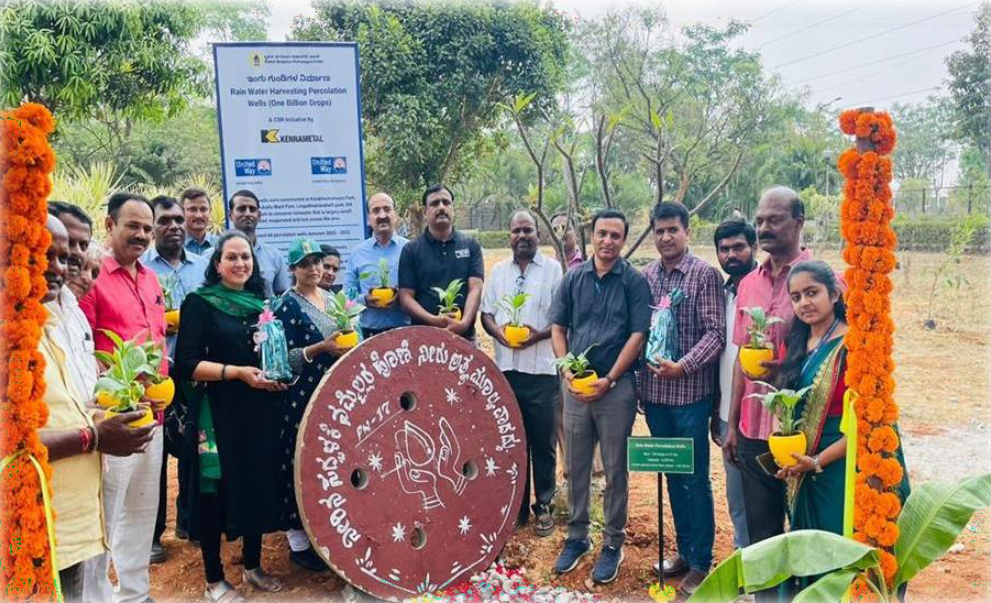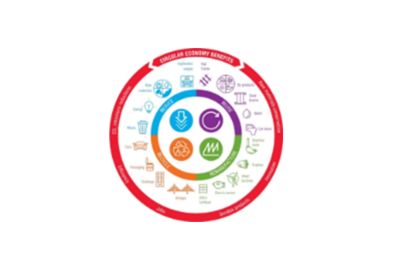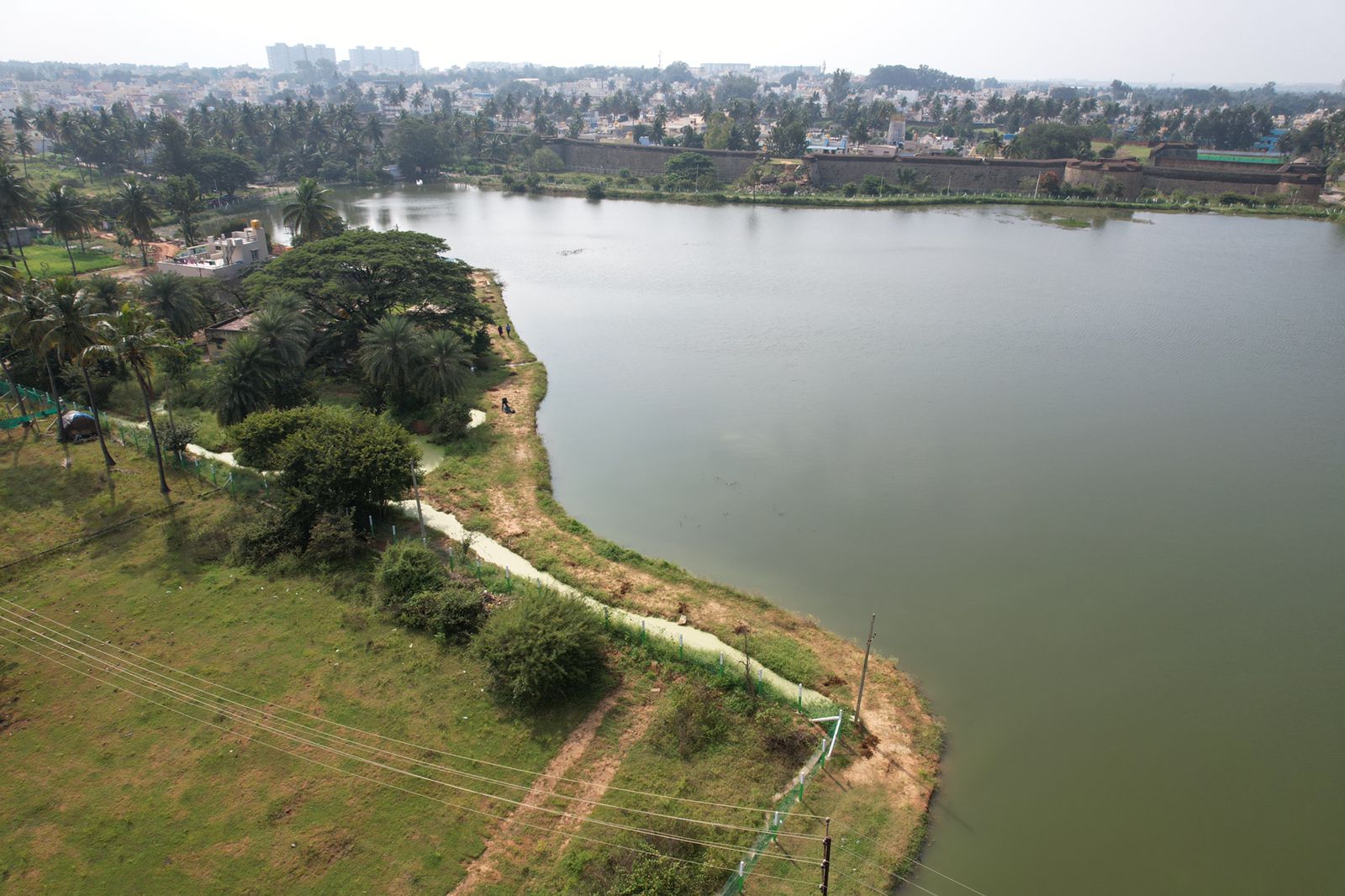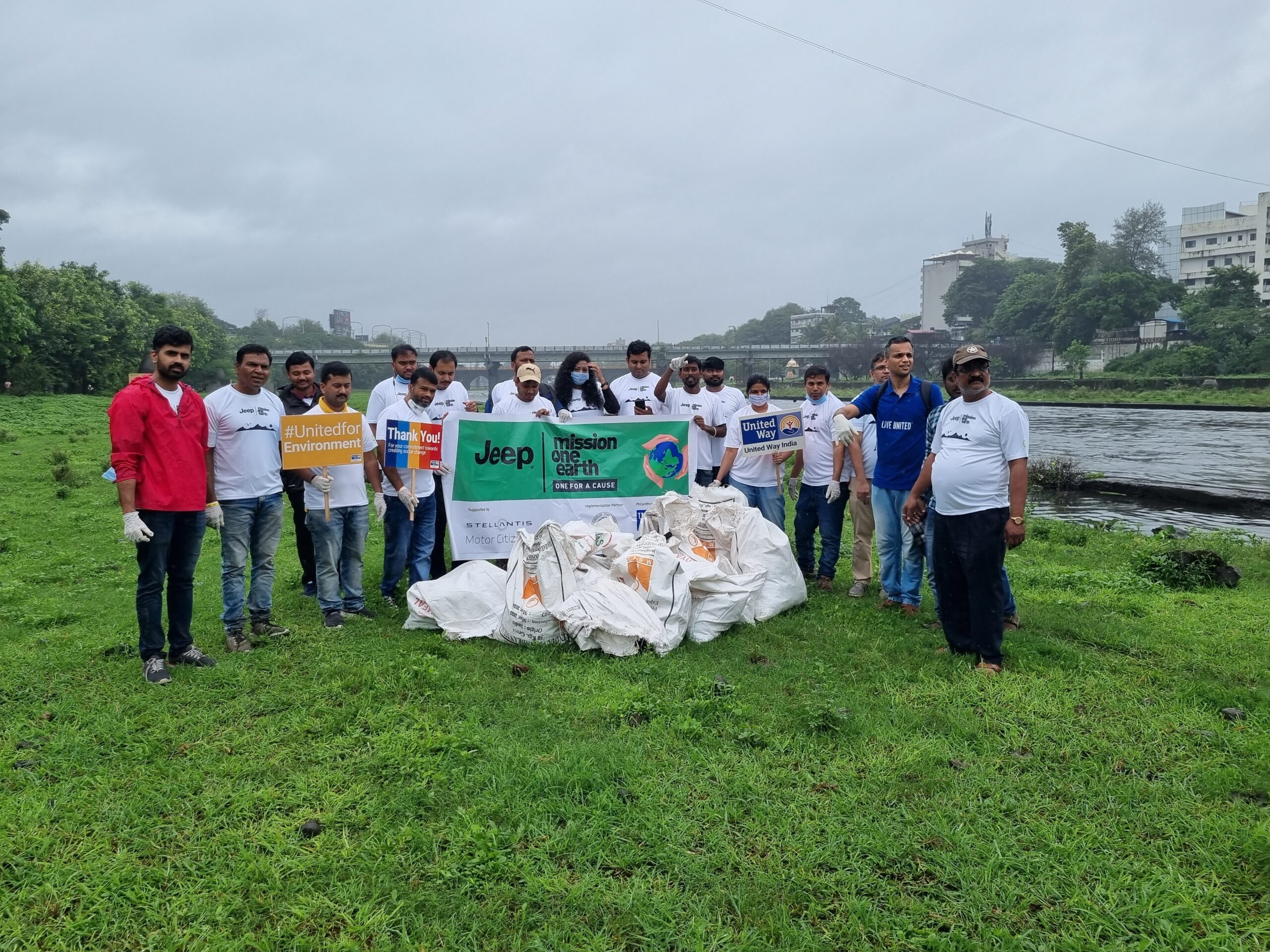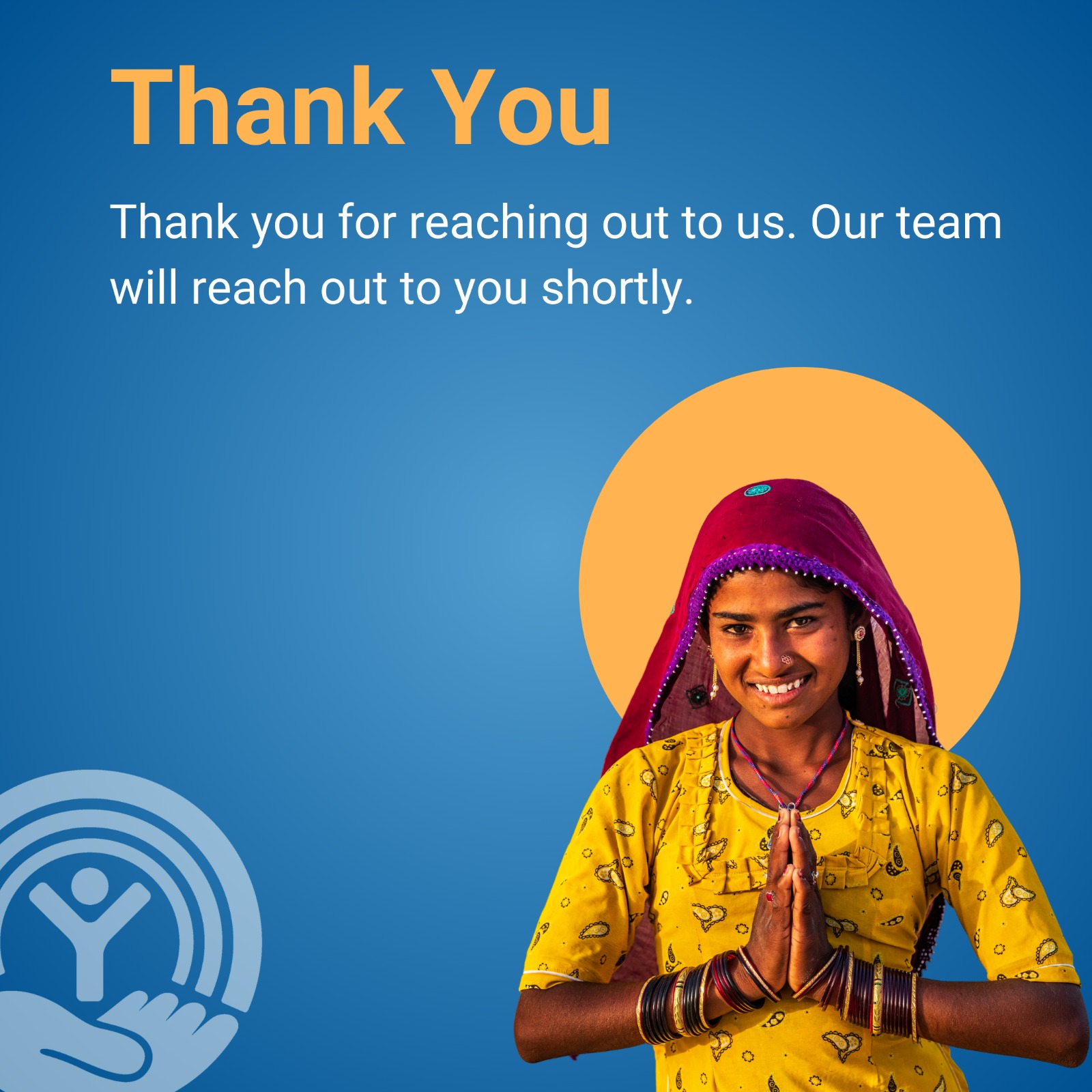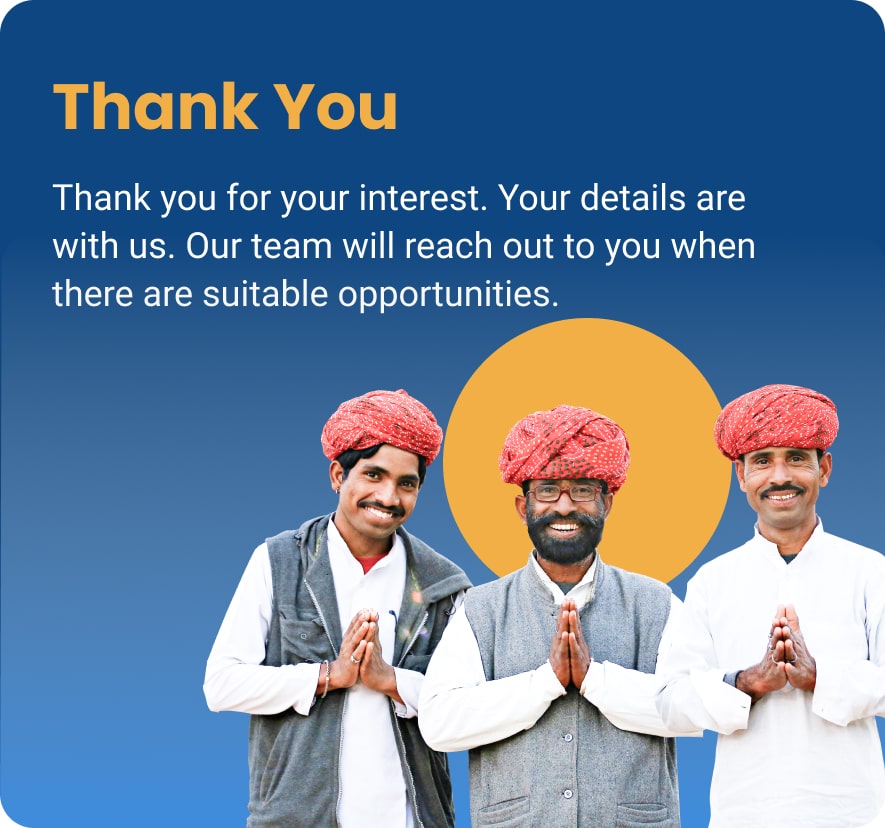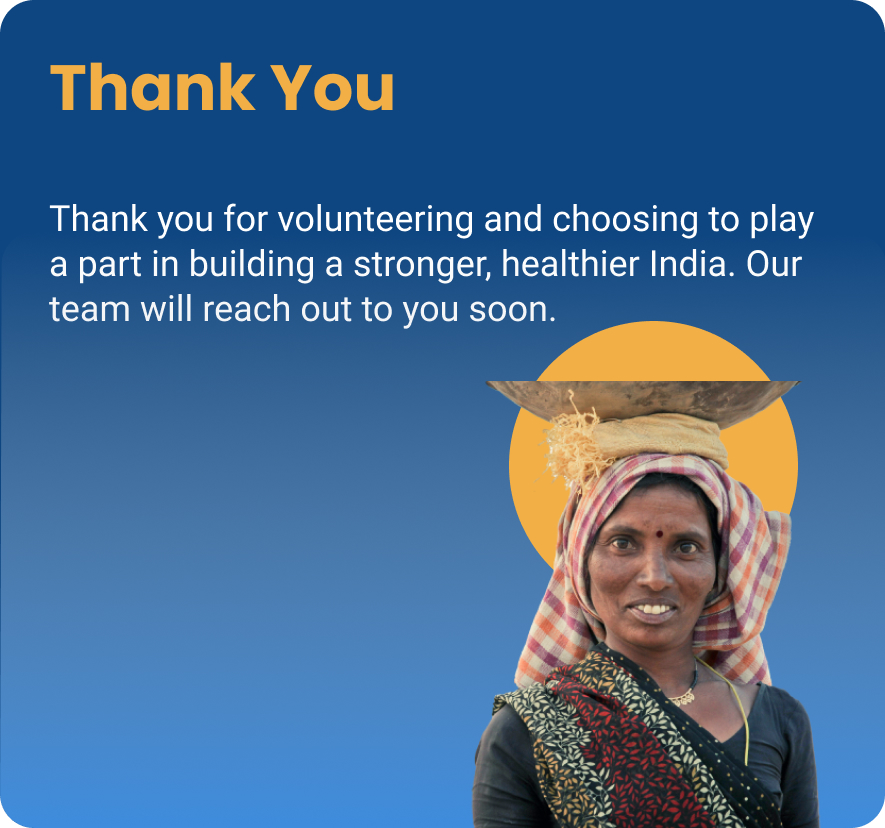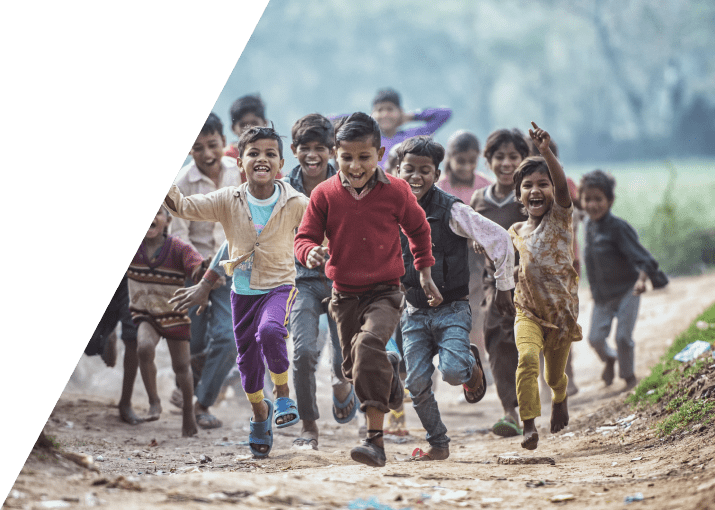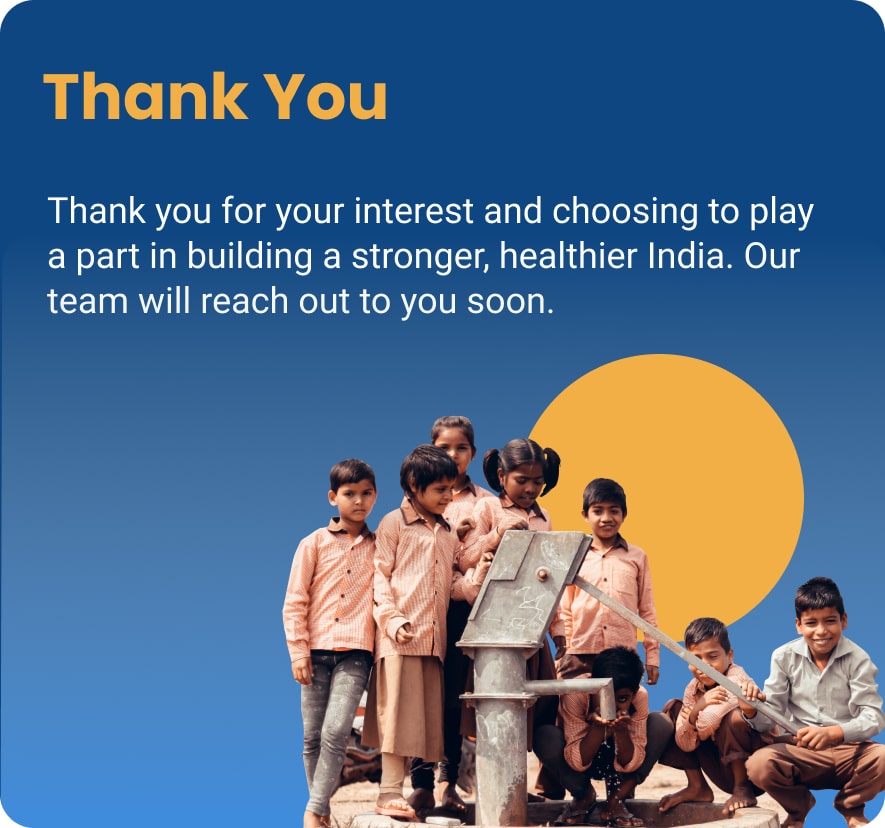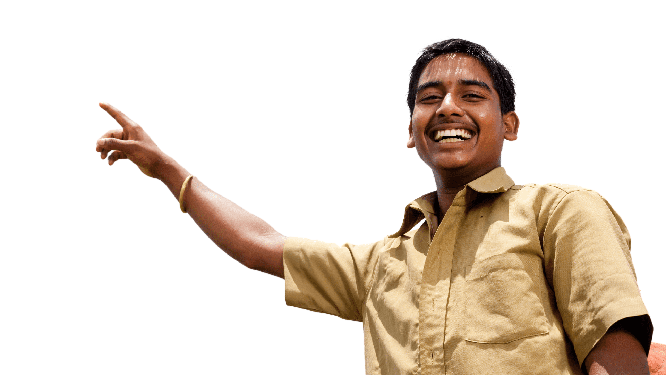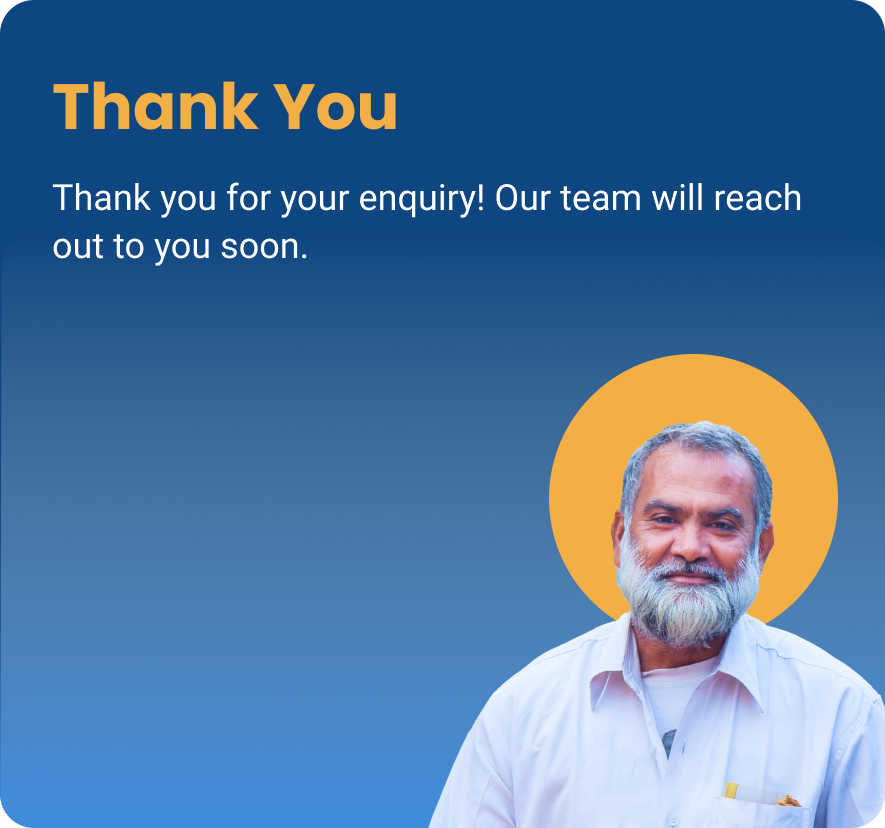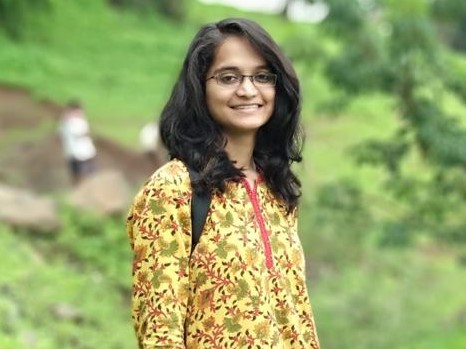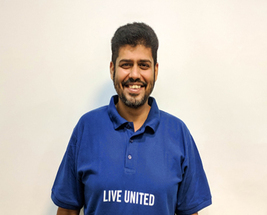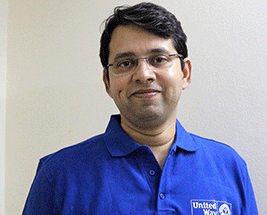Mission Mangrove Program
Overview
United Way India strives to champion the conservation and sustenance of mangrove forests. This endeavor involves collaborating with local communities to regenerate mangroves, yielding benefits such as enhanced biodiversity, safeguarding coastal regions, promoting livelihoods reliant on mangroves, and addressing climate change through adaptation and mitigation measures.
Mangroves are a specialized group of plants consisting of trees, shrubs, palms, herbs, or ferns, which are uniquely adapted to the harsh environmental conditions of the intertidal zone. They are the most threatened, as well as the most productive, coastal shoreline habitats of tropical and subtropical regions (approximately between 32°N and 38°S) of the world, and they are now expanding into temperate regions on multiple continents. The good mangrove density is seen where the tidal regime is normal with constant mixing of seawater and freshwater and areas having annual rainfall more than 200 cm.
Planted mangroves will prevent unwanted migration of coastal people by reducing river bank erosion and protect the community from other natural calamities. These mangroves will have social and environmental impact. These mangroves will contribute to reducing the poverty of the coastal people. The community will use dried branches and timber of those mangroves as fuel wood. Once the community will start benefiting, they will conserve those mangroves for their own betterment.
The Need
Mangroves are vital coastal ecosystems that play crucial roles in maintaining ecological balance and supporting human communities. Mangroves are dense forests of salt-tolerant trees and shrubs that grow in tidal areas. They act as natural barriers against storms and tsunamis, prevent coastal erosion, and serve as important nurseries and feeding grounds for various fish and bird species. Mangroves are facing significant threats due to human activities, including coastal development, pollution, overfishing, and climate change.
The degradation and loss of mangroves pose serious environmental and socio-economic problems. As coastal areas experience rapid urbanization and infrastructure development, mangroves have been cut and are often modified or destroyed, resulting in increased vulnerability to erosion, loss of biodiversity, and diminished recreational value. Also, they face significant threats from land conversion for aquaculture and agriculture, pollution from industrial activities, and sea-level rise. The decline of mangroves not only leads to the loss of critical habitat for marine organisms but also reduces the protection provided to coastal communities from storms and coastal flooding. Preserving and restoring these coastal ecosystems is essential to mitigate the impacts of climate change, protect biodiversity, and ensure the sustainability of coastal communities.
The Benefits
- Protects coastal communities
- Reduces shoreline erosion against coastal flooding, high winds, waves and Tsunamis
- Restores mangrove ecosystem and supports livelihood in positive ways that prevents destruction of mangroves for unethical usage
Our Intervention
With a long-term goal of restoring the degraded mangrove areas, Project Mangroves is improving the mangrove cover across the wetland and encouraging community members from local communities to gain livelihood while building a healthy ecosystem.
Mission Mangrove Program – Sunderbans:
United Way India kicked off an initiative in strengthening the Sundarbans region of West Bengal through Mangrove Plantation with the help of tribal women, thereby empowering and supporting their livelihood also.
31,500+ mangrove saplings were planted with the help of 20+ tribal women of the neighboring community in cyclone prone coastal region of Sunderbans, safeguarding the coastal regions and working towards sustainable climate action solution
Beneficiaries
Local communities with improved ecosystem and livelihood generation for women, farmers and families
Impact Till Date
- Creation of community ownership of 31,523+ mangroves, covering 1.9 hectares & protecting the coastal line.
- Developing skills of 26+ tribal women with technical training on plantation process, management & conservation.
- Creation of ‘Blue Carbon Ecosystem’ with an estimate of each mangrove removing over 308kg(680 lbs) of CO2 from the atmosphere.
- Monthly ration support ensuring food security and livelihood/skill training
To know more, write to us at info@uwindia.org


